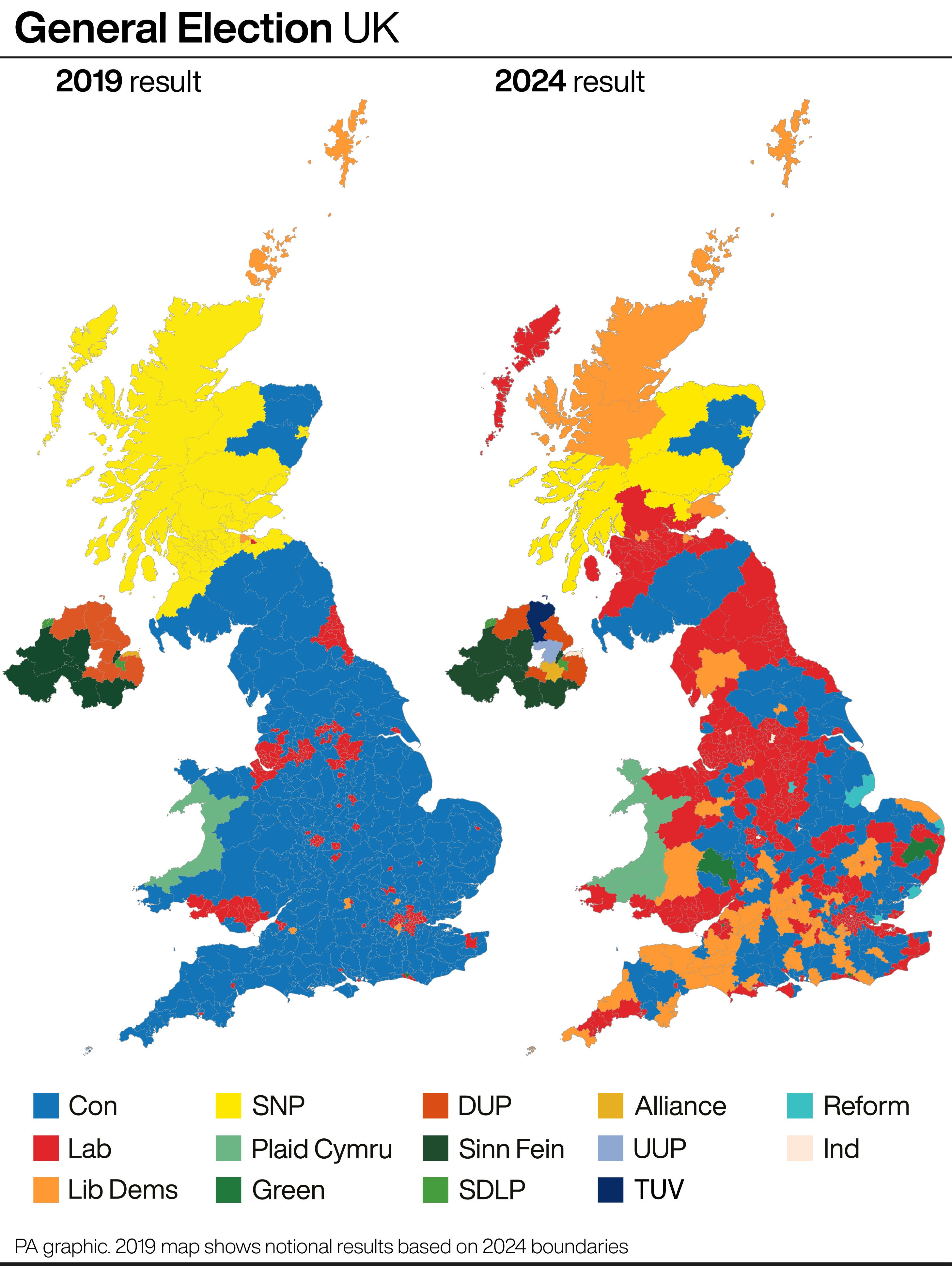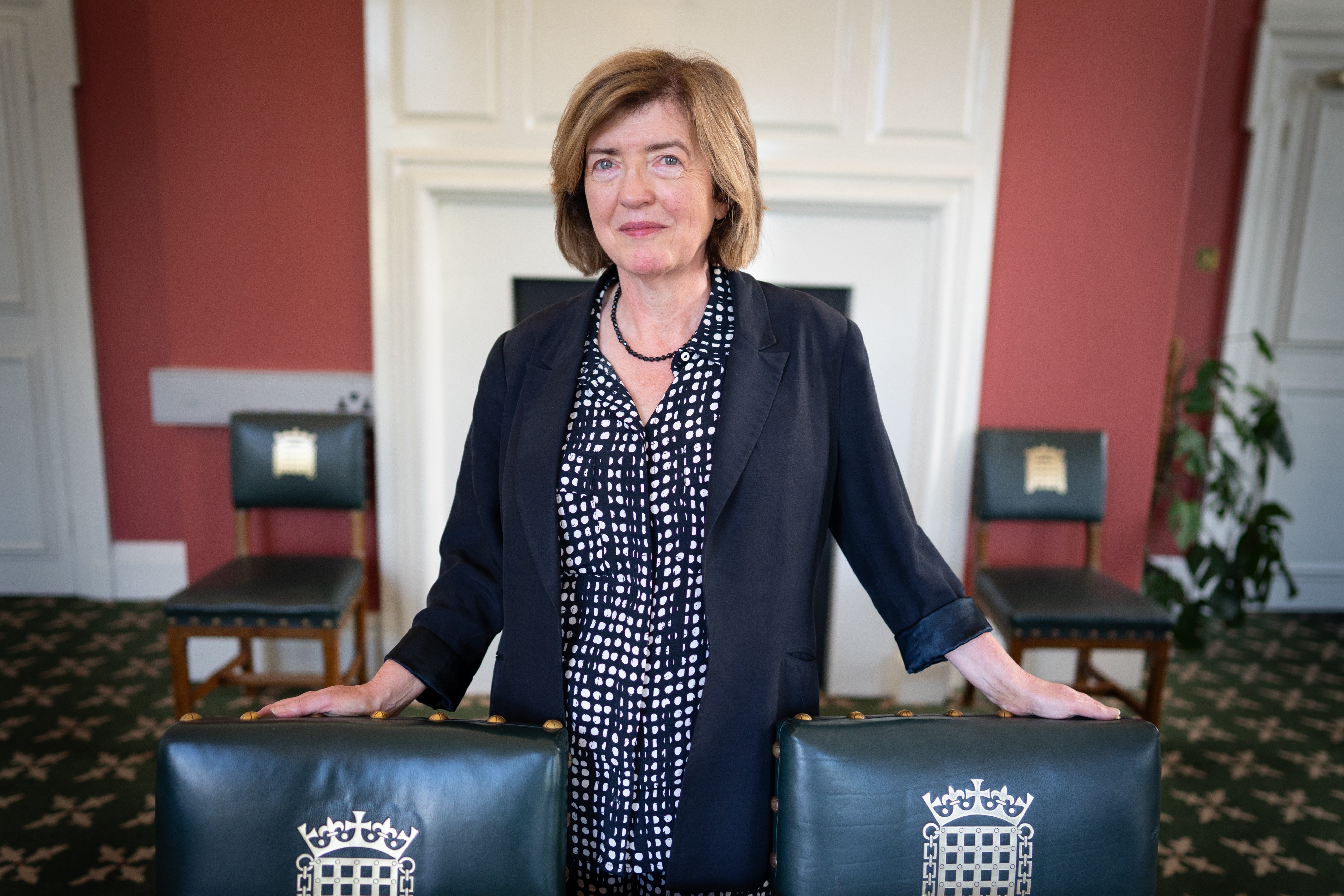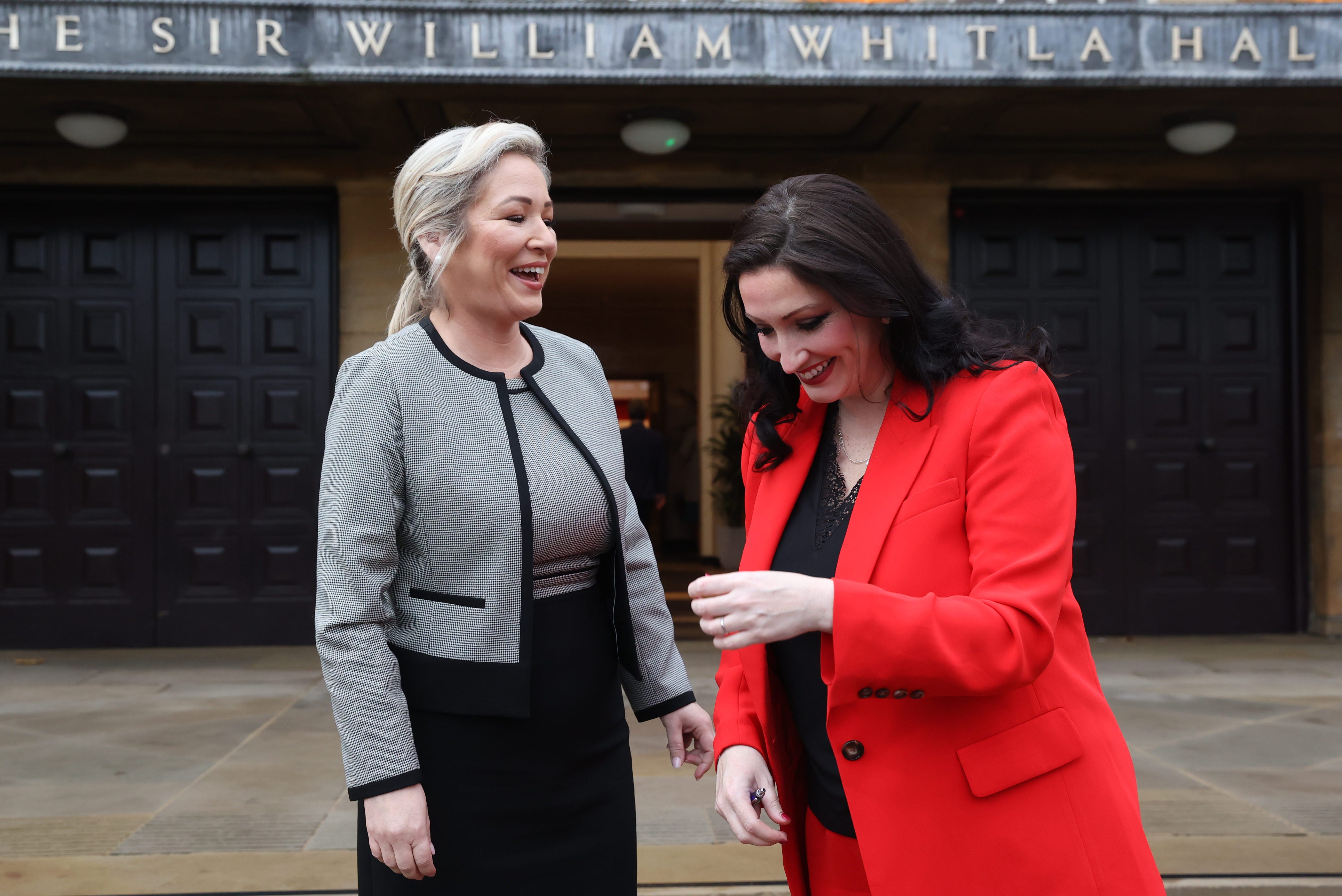
Sir Keir Starmer found winning an election a lot easier than governing in another turbulent year for UK politics.
The Labour landslide in July was a bigger victory than many in Sir Keir’s inner circle had dared to hope for, with a pack of Tory big beasts – including former prime minister Liz Truss – losing their seats as Rishi Sunak led the Conservatives to their worst election result.
But within weeks of taking office in July the new Government was forced to make unpopular decisions as ministers confronted the realities of the creaking public services and strained national finances they inherited.
A crisis in the prison system led the Government to reduce the amount of time most offenders will spend behind bars before being released from 50% to 40% of their sentence.
And Chancellor Rachel Reeves announced winter fuel payments would be stripped from millions of pensioners, blaming the Tories for leaving a £22 billion black hole in the budget for the current year.

Her first Budget in October saw £40 billion of tax rises, with howls of protest from businesses and farmers over increases to employers’ national insurance contributions and changes to inheritance tax relief for agricultural property.
But she hoped the Budget would “wipe the slate clean”, with the nation’s finances secured and increased borrowing and tax revenue paying for improvements in public services – including £22.6 billion extra over two years for the NHS.
As well as the financial legacy his Government had to deal with, Sir Keir said he had to fix a “broken society” which manifested itself in summer riots across the country after the Southport knife attack.
Tax as a share of GDP is forecast to rise to its highest level on record – reaching 38% of GDP by 2027-28 📈#Budget2024 pic.twitter.com/76e2hsbziM
— Office for Budget Responsibility (@OBR_UK) November 5, 2024
After promising a return to high standards in office, Sir Keir and his ministers also faced questions over donations of clothes and concert tickets, while Labour’s huge parliamentary majority was eroded by Rosie Duffield’s resignation from the party, Mike Amesbury’s suspension over a late-night altercation and the decision to strip the whip from a group of left-wingers who rebelled on the King’s Speech.
Sir Keir also suffered the first resignation from his Cabinet, with Louise Haigh quitting in November over a fraud conviction dating back to before her time in Parliament.
And there was upheaval within his own No 10 operation as chief of staff Sue Gray was replaced by Morgan McSweeney after weeks of infighting.

For the Tories, Mr Sunak’s decision to call a July election rather than hang on until the autumn failed to secure any turnaround in their fortunes, with the party winning just 121 seats, the lowest number in its history.
After his inevitable resignation, a packed field entered the race to replace him, and Kemi Badenoch saw off Dame Priti Patel, Mel Stride, Tom Tugendhat, James Cleverly and Robert Jenrick to secure victory.
A key challenge for her will be countering the threat posed by Reform UK, with Nigel Farage’s party picking up 14.3% of votes at the election, although it won just five seats.
The Liberal Democrats, who secured 12.2% of the vote but gained 72 seats, have also eaten into the Tories’ traditional support in the suburbs and Home Counties.
In Scotland, Humza Yousaf quit as first minister in April when faced with the prospect of losing a confidence vote after his decision to terminate the powersharing deal the SNP had with the Scottish Greens.
He was replaced as First Minister by John Swinney, but in a sign of the SNP’s wider difficulties, the party’s Westminster representation was cut to just nine in July from 48 in 2019.
Northern Ireland also had a new First Minister after the powersharing arrangement was restored in February after two years of political limbo.

Sinn Fein’s Michelle O’Neill became the first nationalist First Minister, with the DUP’s Emma Little-Pengelly as deputy First Minister.
Wales also had a change of leadership, with Vaughan Gething quitting after just four months in office which saw him mired in rows over donations.
He was succeeded by Baroness Eluned Morgan, the first woman to lead the Welsh Government.







